Description
Across Bass Strait is a history of the connection between squatters, merchants and mariners in developing the livestock trade in the 1840s for the meat supply to feed convicts in Van Diemen’s Land. This long distant connection is reflected in the transformation of the landscape, both on land and sea. Their stories, underwritten by the need to provide food especially meat, link distant shores which until now have been barely acknowledged in the national narrative, yet from the edges of the two coast lines illustrate the layered environmental history of our continent.The trade established nineteenth-century Gippsland as a prime beef producer exporting through Port Albert, a now-forgotten port, and this account is based on merchants’ records and letters from two families who were major players in this trade – the Crooke and Foster families.This little-known story deals with food miles to supply the fresh meat, wind power, seasonal conditions, competition and determined people, all themes still relevant today.
ISBN: 9780648835035
Paperback, 198pp, 2022

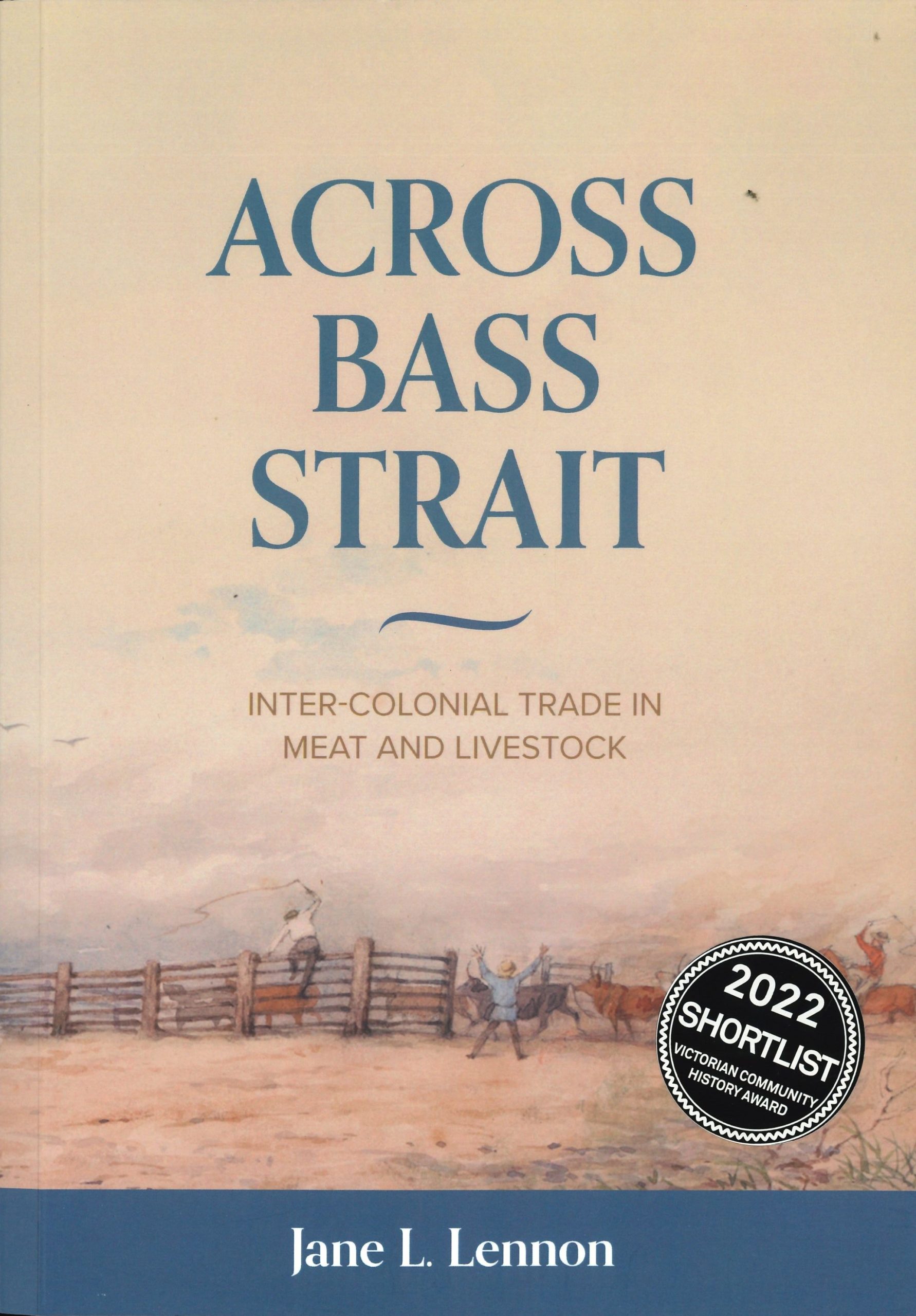

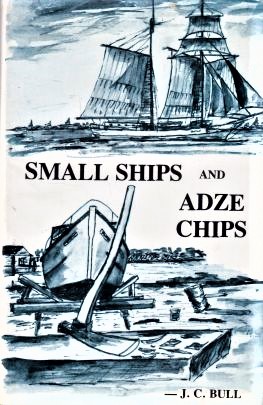

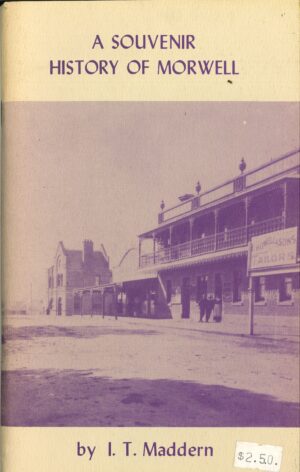

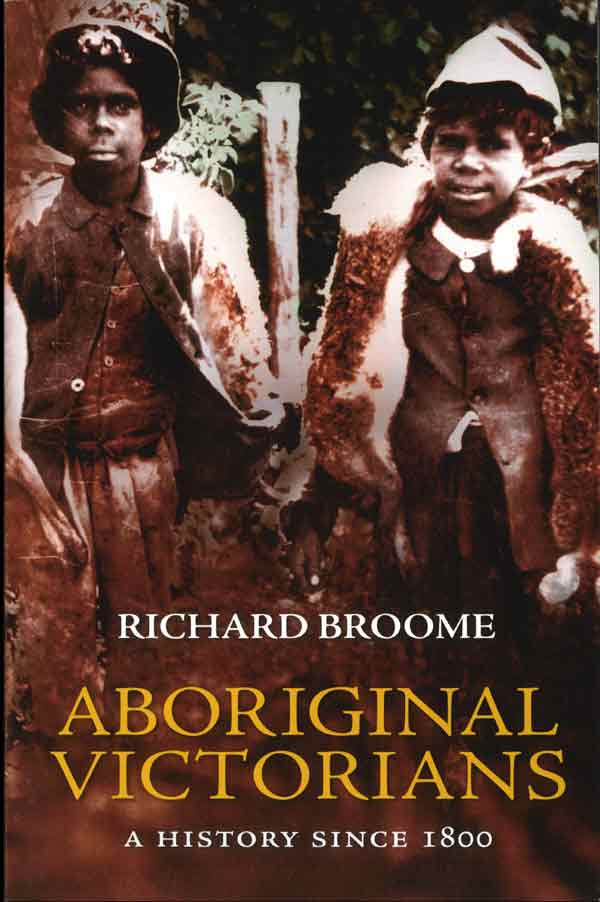

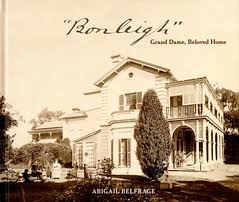
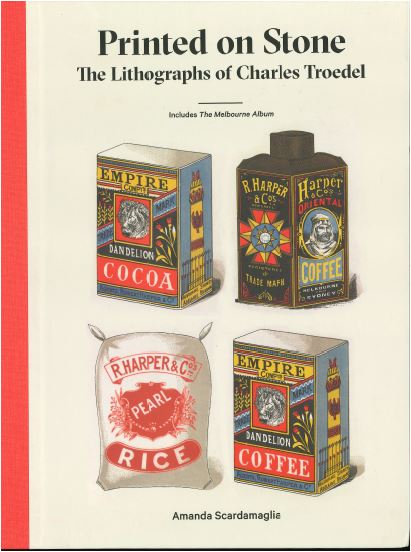




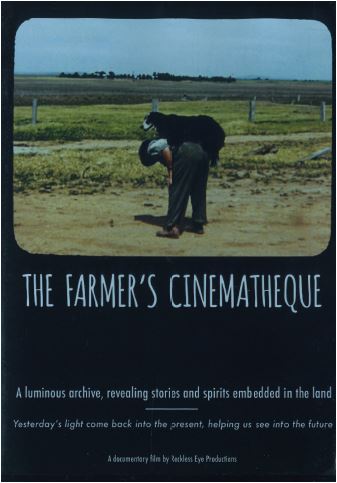

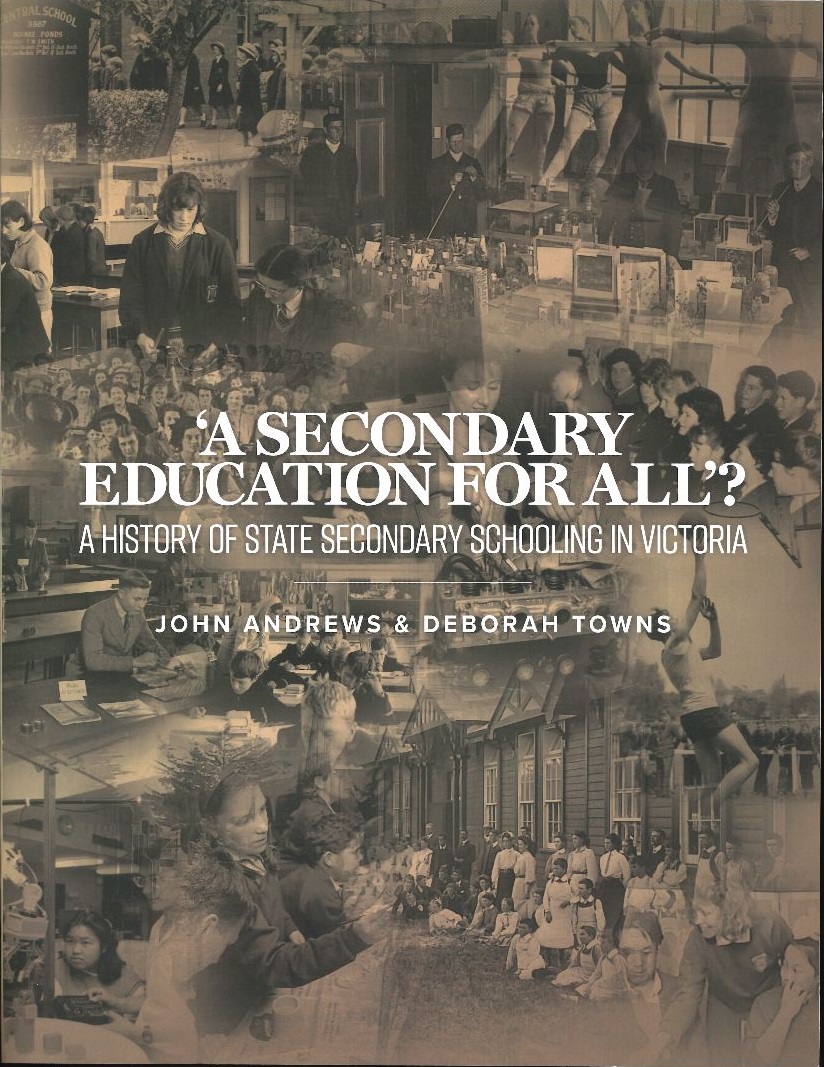
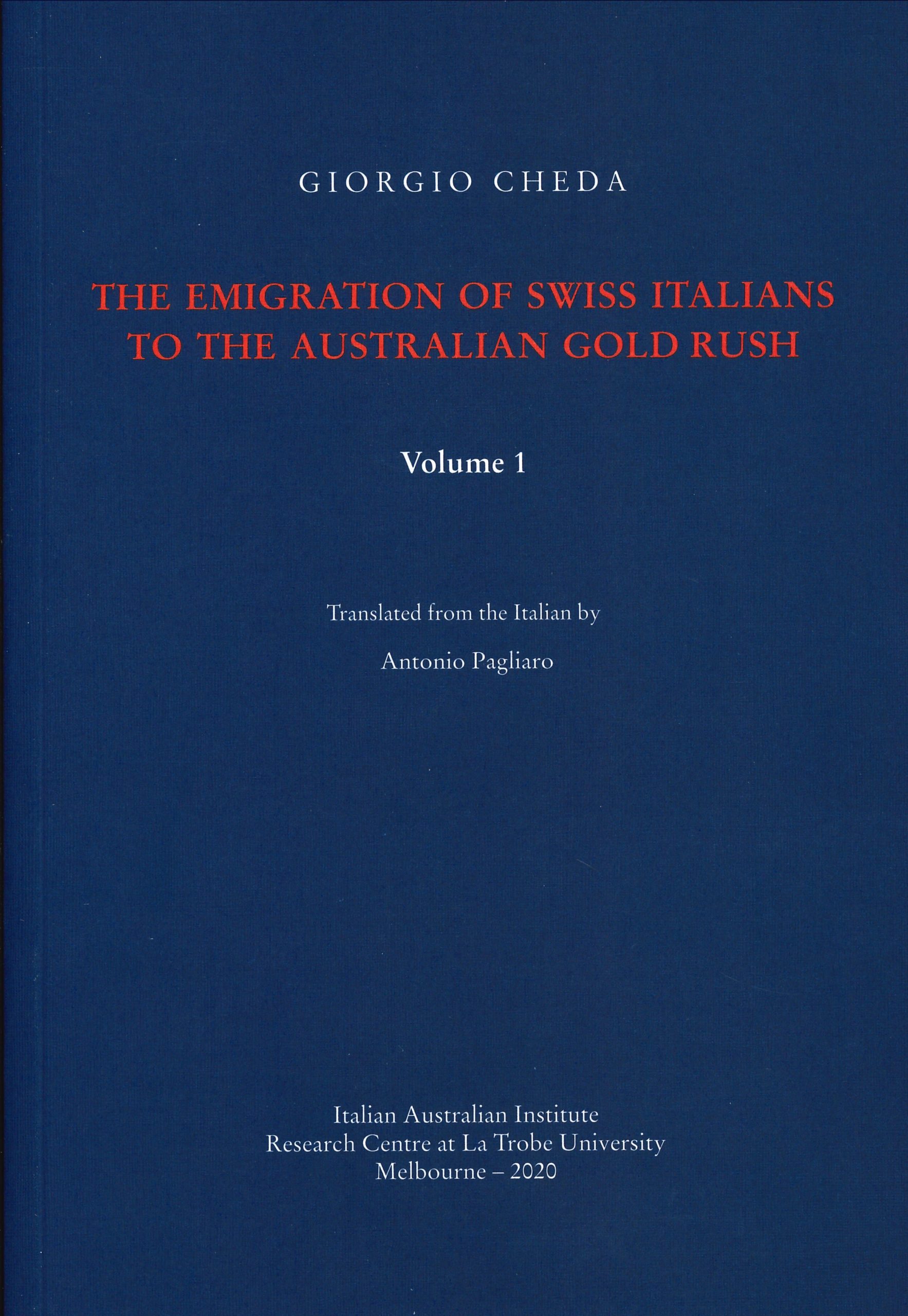
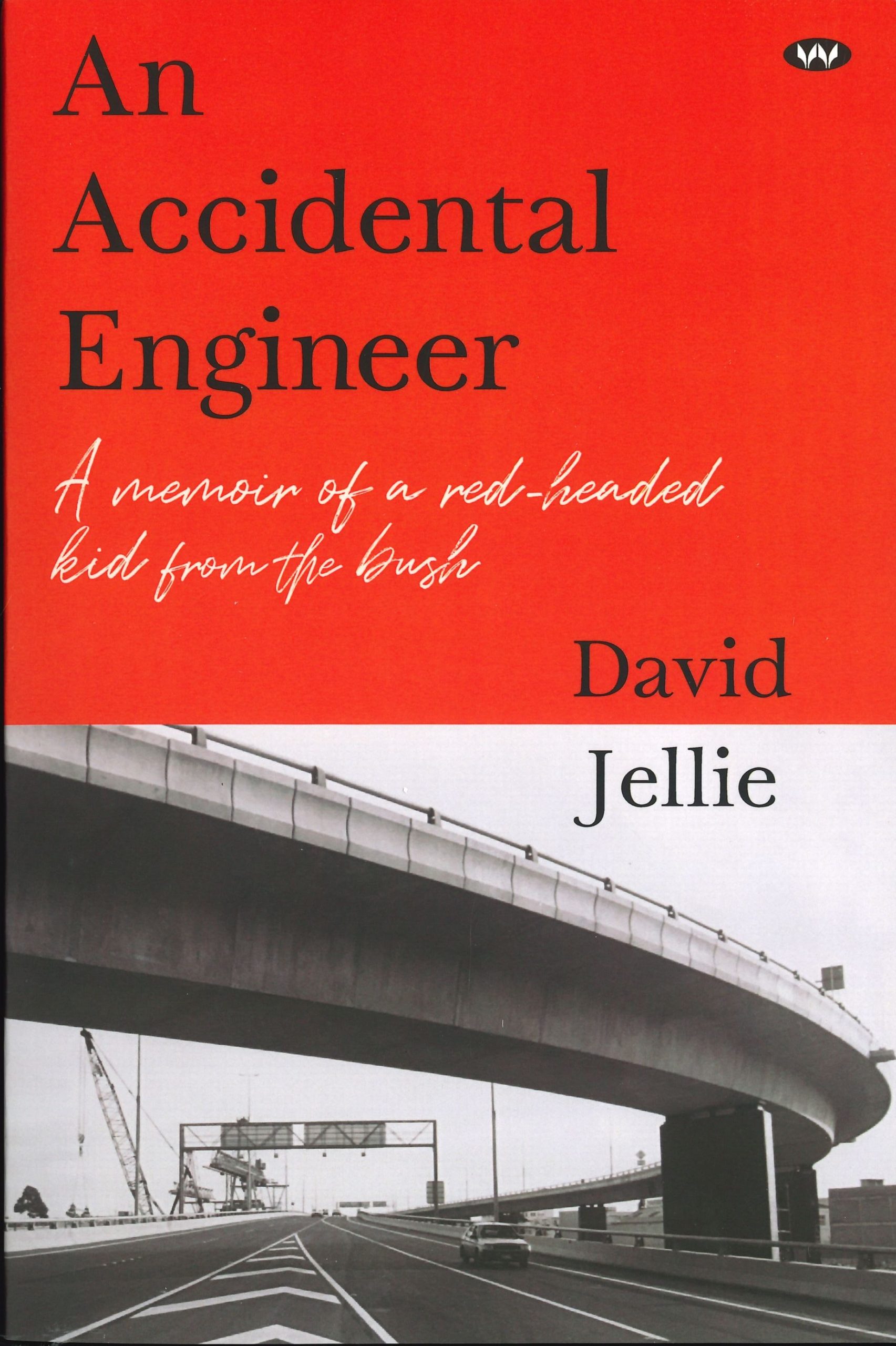


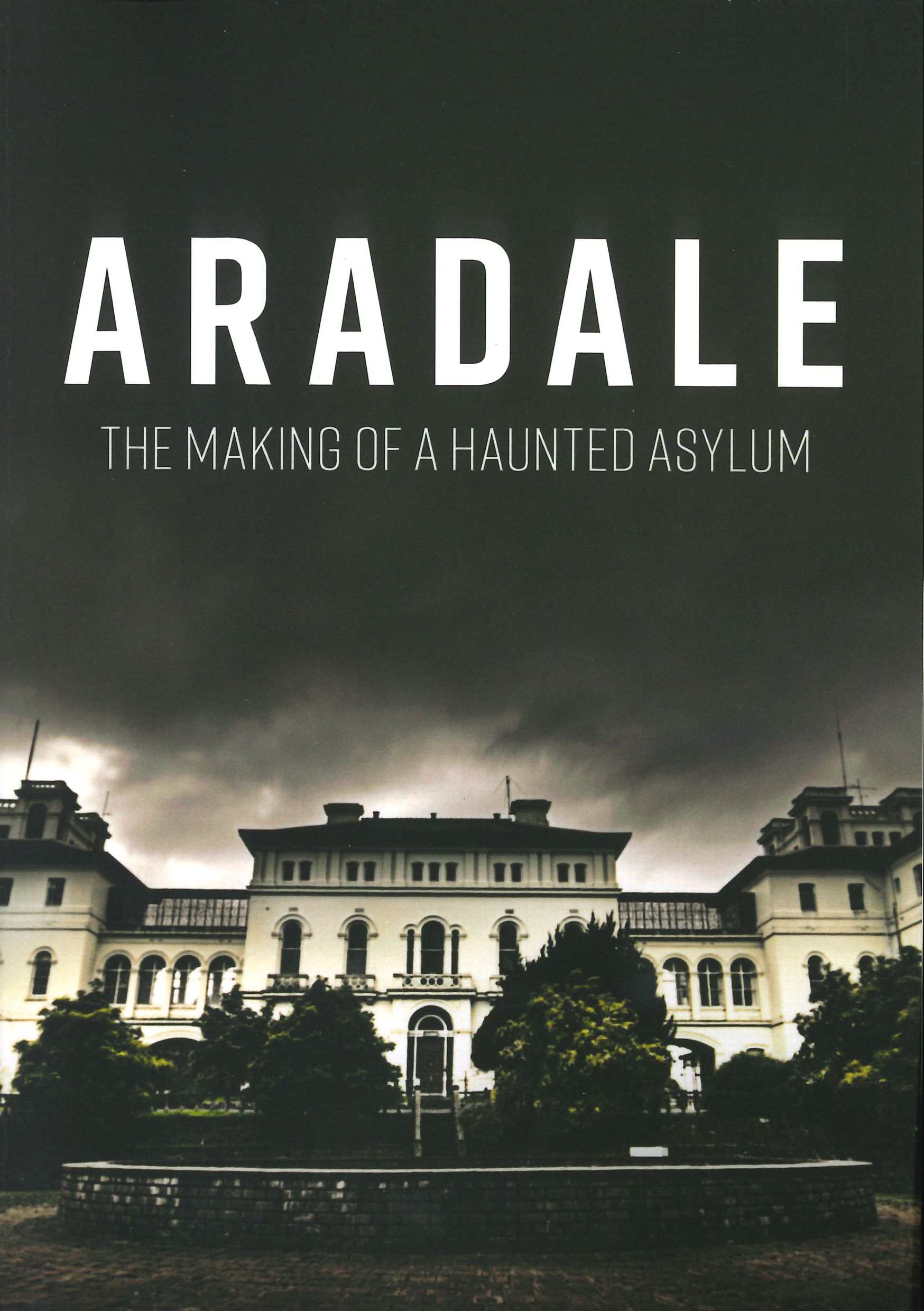
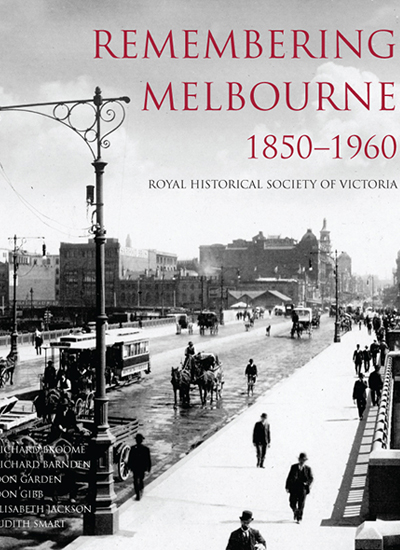
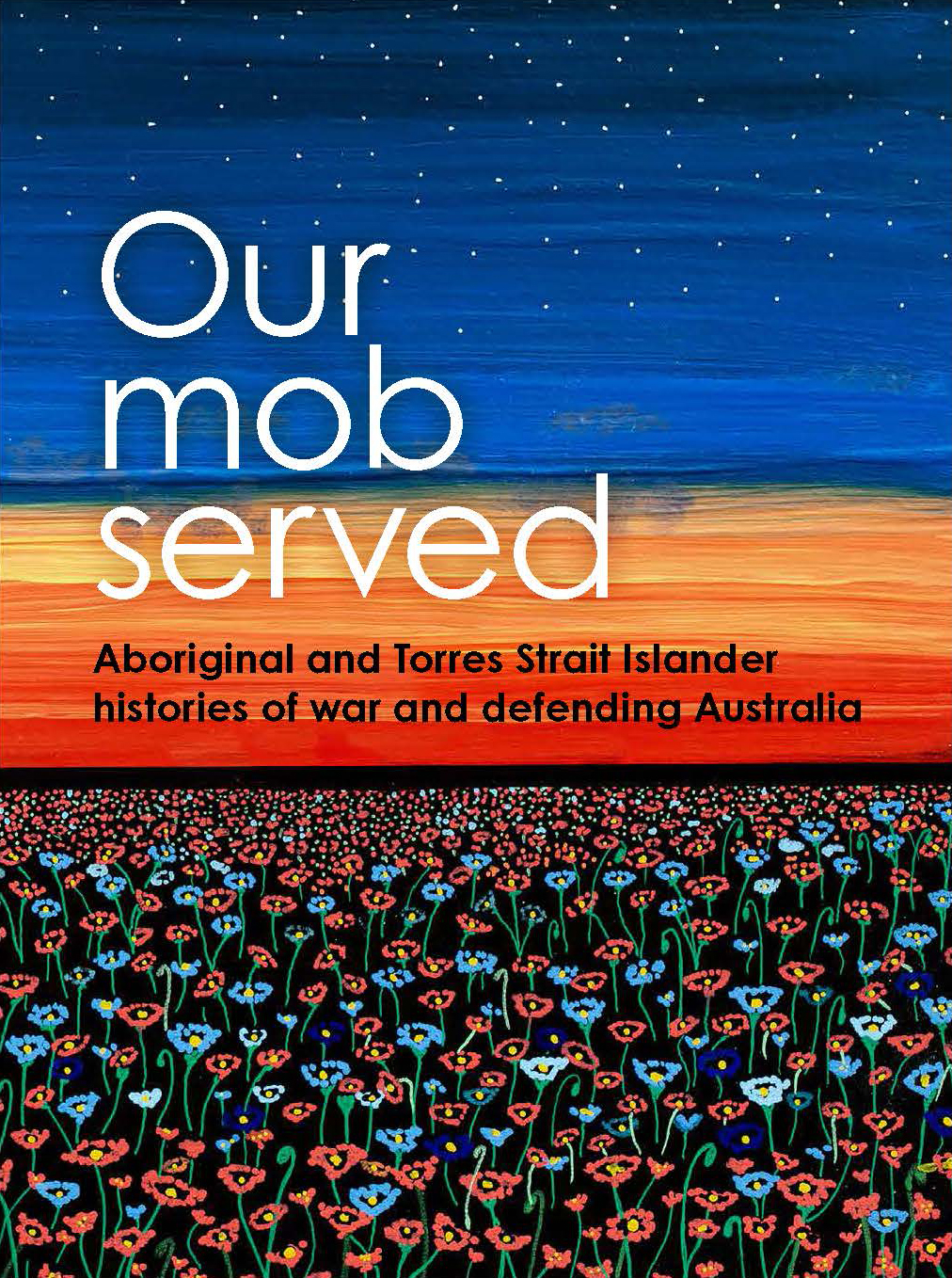


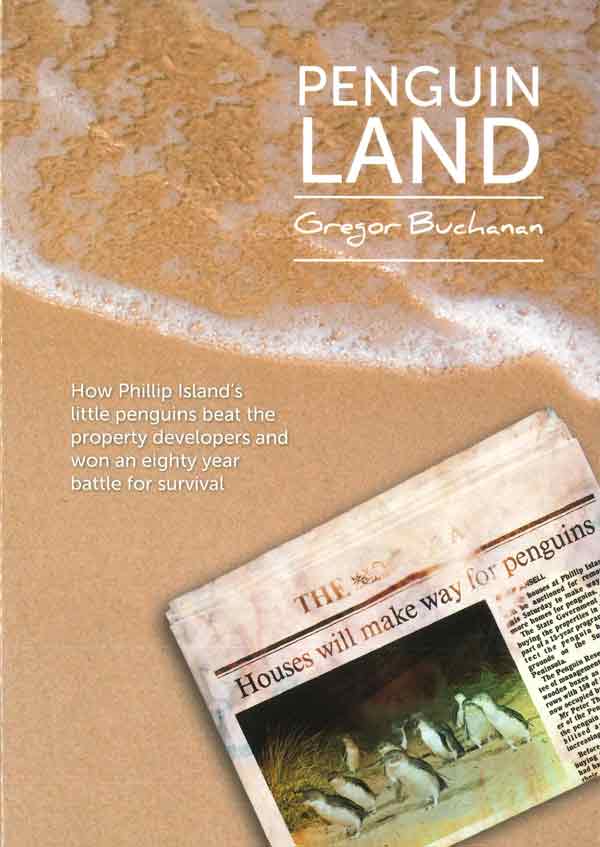
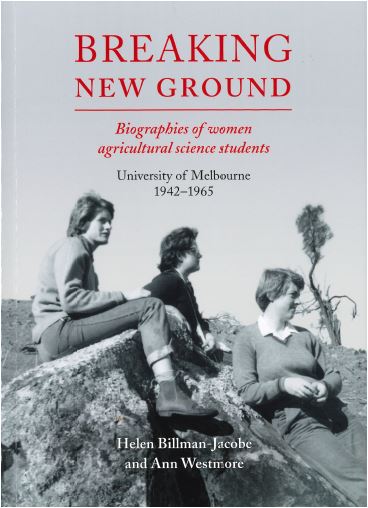
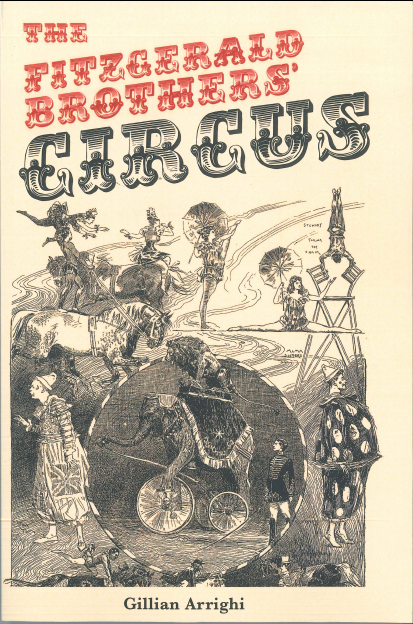
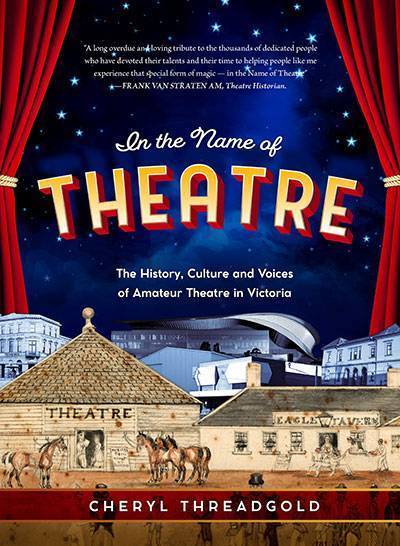

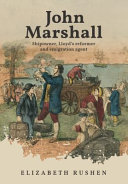
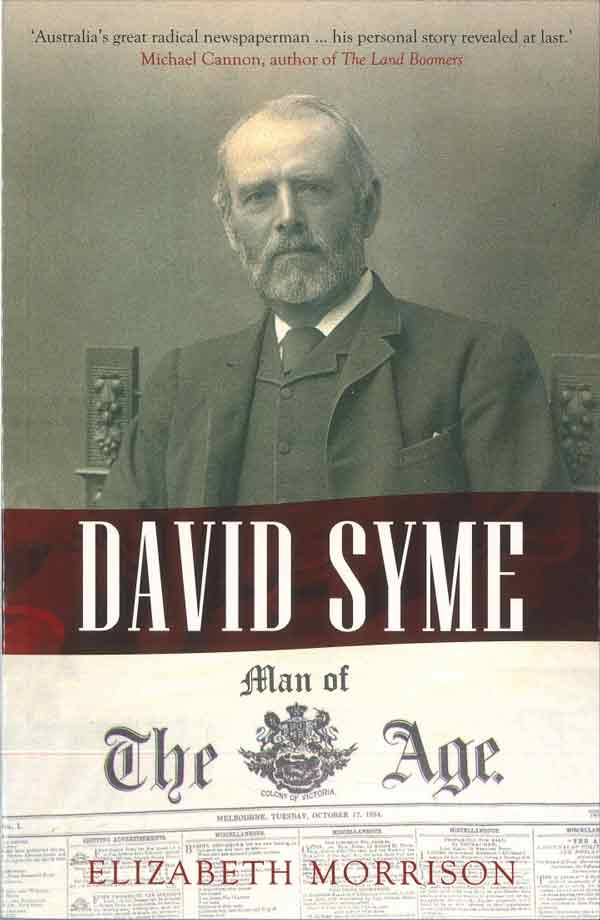


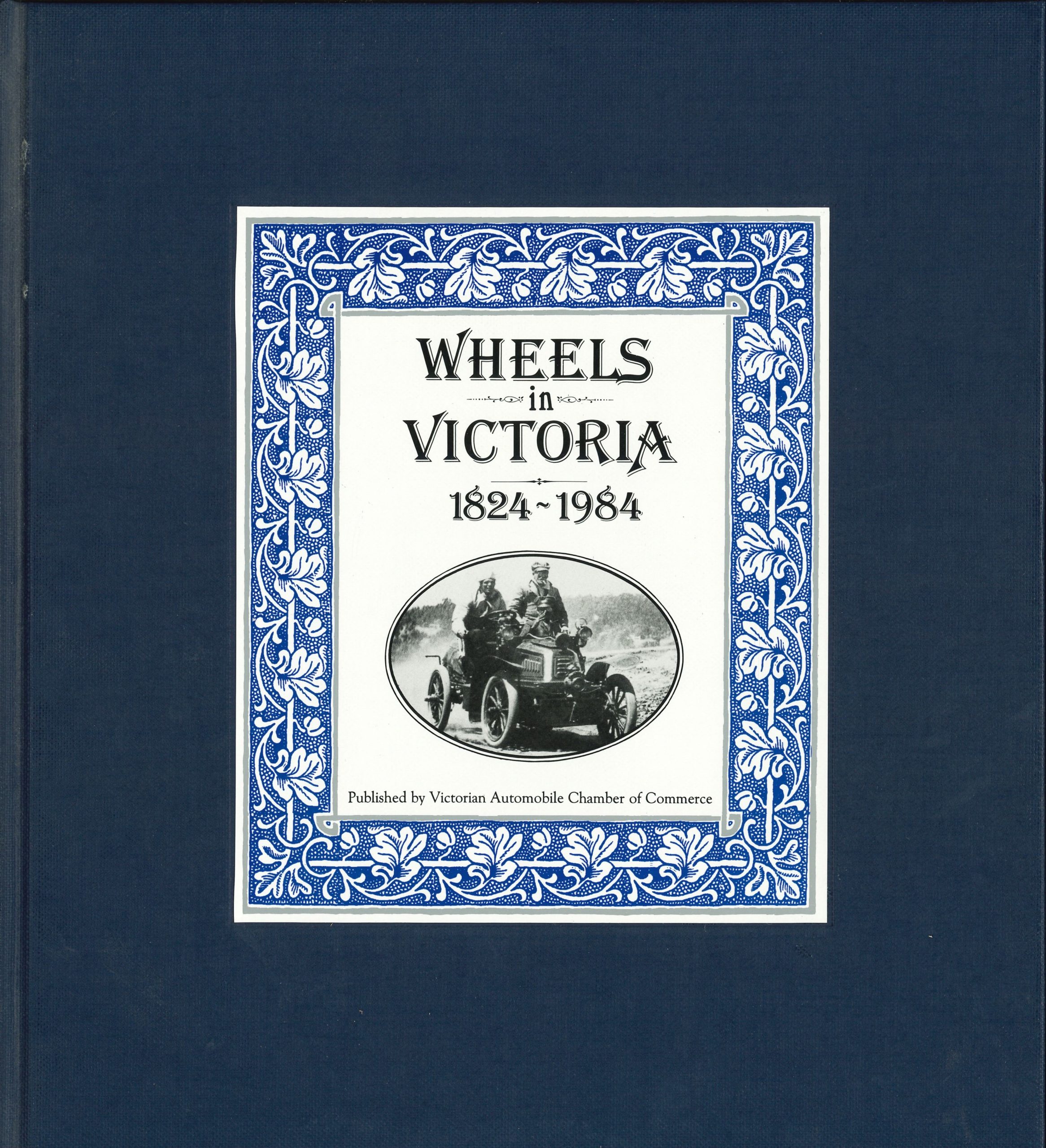

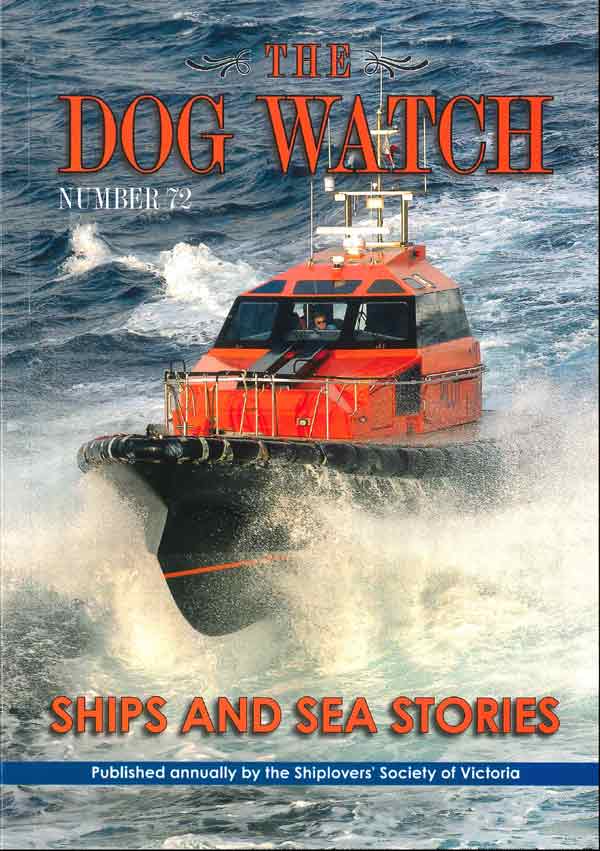
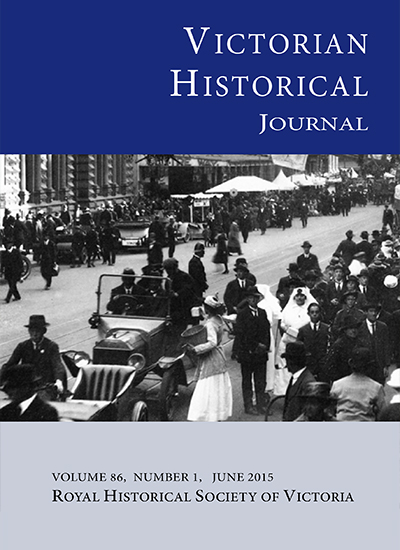
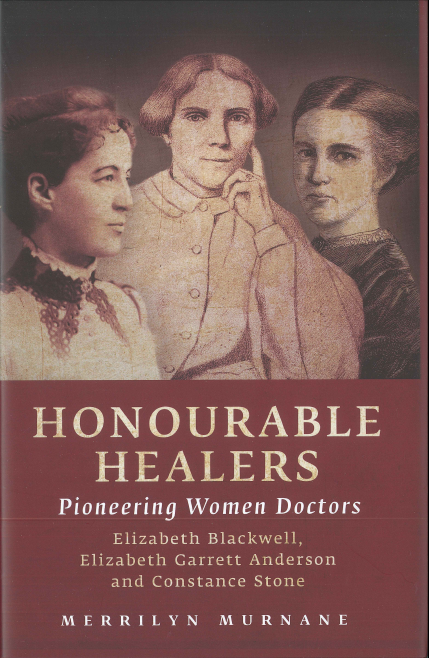

 239 A'Beckett Street Melbourne, Victoria, 3000
239 A'Beckett Street Melbourne, Victoria, 3000  03 9326 9288
03 9326 9288  office@historyvictoria.org.au
office@historyvictoria.org.au  Office & Library: Weekdays 9am-5pm
Office & Library: Weekdays 9am-5pm


Bob Kerr –
I came to Jane Lennon’s book – Across Bass Strait, with the certainty I would learn something new about the early history of Gippsland. I was not disappointed. My SLV reading list has been extended thanks to the extensive notes Lennon provided.
The picture of exporting cattle painted by Patrick Coady Buckley in his journal, was only a part of a larger story. Driving their beasts to the Port’s stockyard, loading them onto a boat, then seeing them gone, told just part of the story.
The planning and organisation required to get the cattle to a market was far more complex than I had imagined. Lennon’s book makes this very clear. Getting boats to Port Albert regularly was a challenge, communications were difficult. Some of the squatters took to purchasing boats to ensure their business would continue.
Lennon’s work got me thinking of the significance of two events in the early days of Gipps’ Land. One: the establishing by Angus McMillan of a viable track to the sea, and, Two: the Clonmel running aground.
The squatters now had a path to get their cattle to a boat and a market.
The community that evolved as a result of the Clonmel incident provided the foundation for the infrastructure to manage the export part of the trade, essential for the growth of Gipps’ Land and its squatter population.
My time spent reading Across Bass Strait was time well spent. Thank you Jane Lennon.
Linda Barraclough –
We have waited a long time for this book, and I am delighted we have it at last. The research in it is phenomenal, and it gives a quite different insight into the 1840s and 1850s in Gippsland.
The end-notes point to all sorts of interesting places to chase further information, and there is a quite good index.
Jane Lennon and Anchor Books are to be congratulated on this work, and it is essential reading for Gippsland historians.